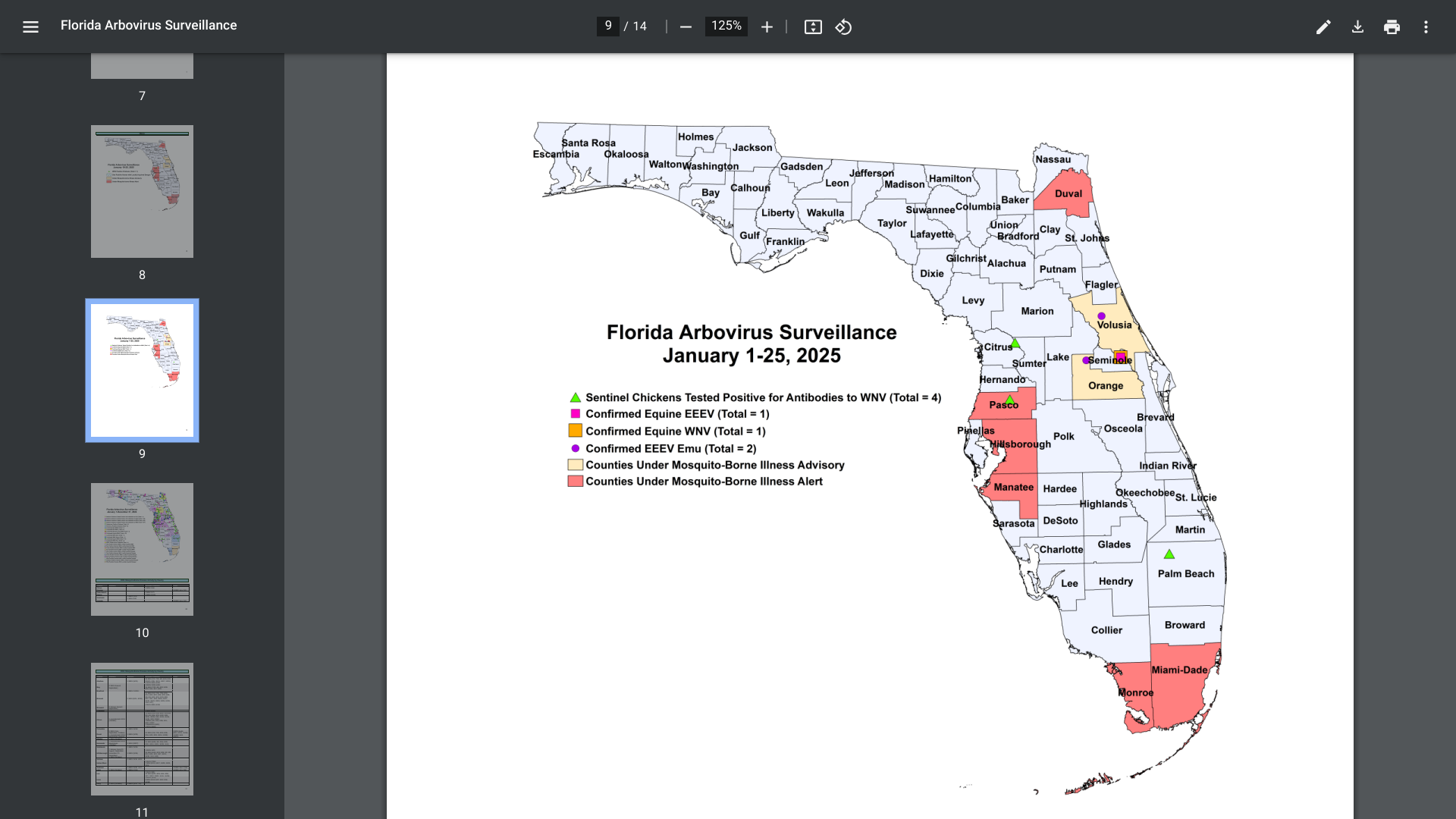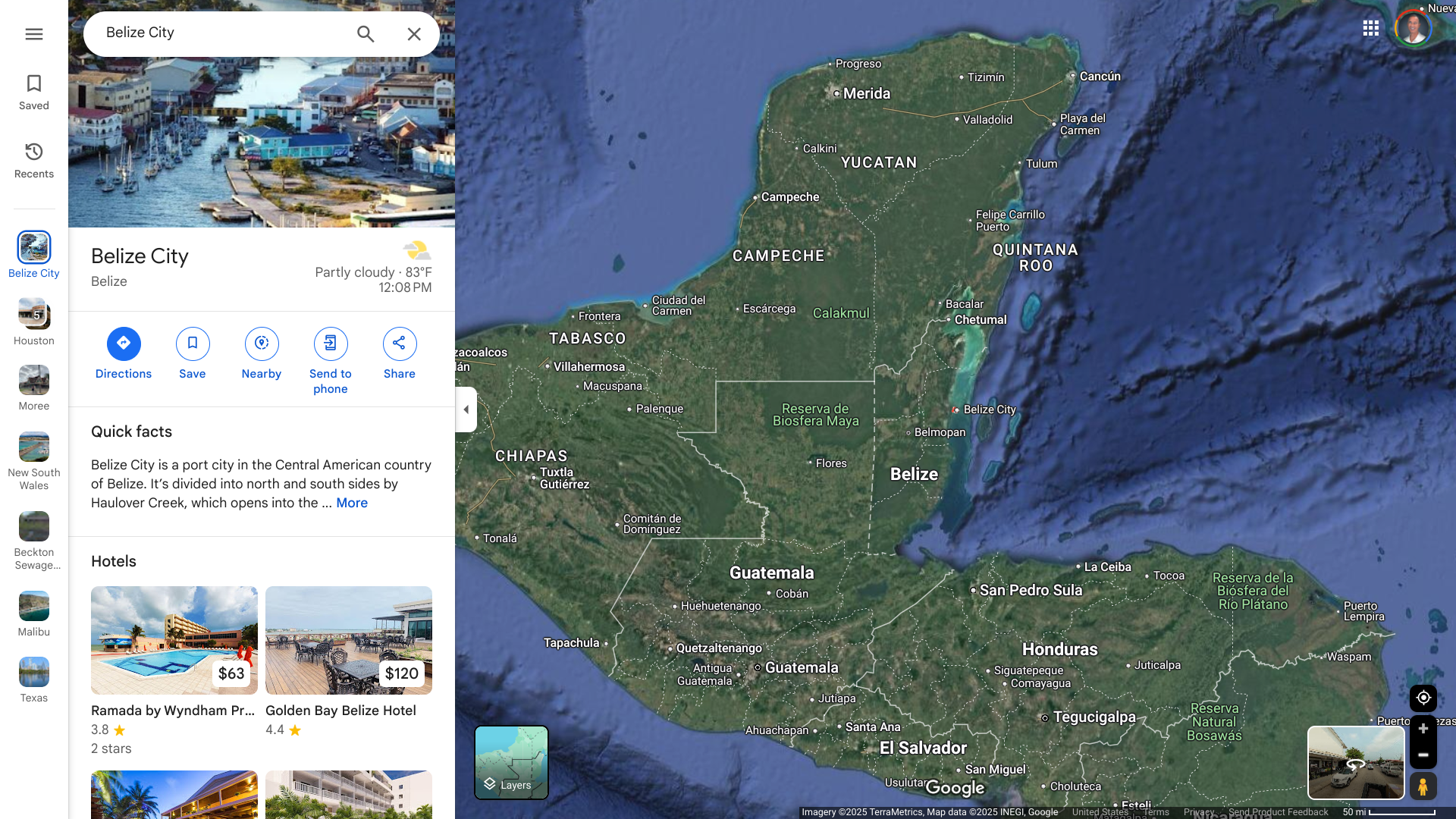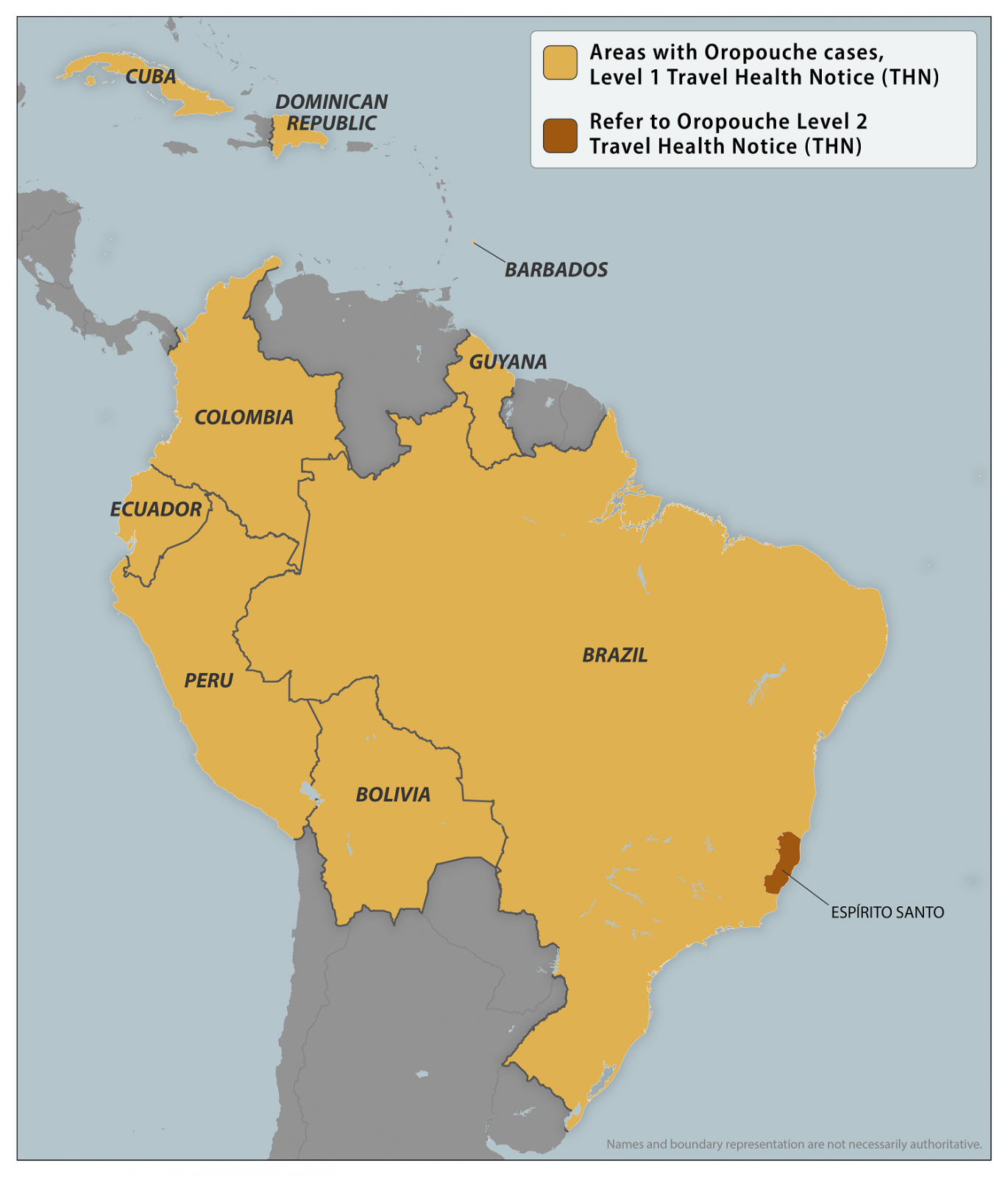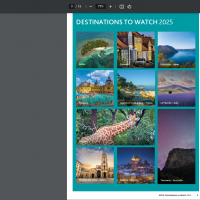Search API
Takeda today announced earnings results for the third quarter of fiscal year 2024 (nine months ending December 31, 2024), showing continued advancement and demand for its dengue virus vaccine, Qdenga®.
The Company reported Qdenga's FY2024 H1 revenue was JPY 19.9B, reflecting 863% growth.
As of January 30, 2025, Qdenga is available in 27 countries, including 19 European countries, with travel recommendations to support using Qdenga to help protect travelers to dengue endemic areas.
For example, over the past year, dengue outbreaks have set new records in countries throughout the Region of the Americas.
In 2024, cities in the United States reported local dengue infections, including Los Angeles, California, and Miami, Florida.
Previously, the World Health Organization added Qdenga to its List of Prequalified Vaccines, which should expand the number of countries offering this second-generation dengue vaccine.
Unfortunately, Qdenga is not available in the United States.
On July 11, 2023, Takeda voluntarily withdrew the Biologics License Application following discussions with the U.S. Food and Drug Administration. As of 2025, there has been no indication approval discussions were pending.
Note: This VBT news article was update don January 5, 2025, to include current country authorizations.

As vacationers plan their winter 2025 holiday trip to Florida's beautiful beaches to enjoy the warm weather, taking steps to prevent mosquito bites remains essential. In Florida, 14 species of Anopheles mosquitoes have been found to transmit diseases to humans.
As of early January 2025, mosquito-borne diseases, such as dengue fever, have been reported again in Florida.
The Florida Department of Health (FDH) updated its Vaccine-Preventable Diseases Surveillance Report on January 25, 2025, confirming twenty-two cases of dengue were reported among persons who had international travel, and one locally acquired dengue case was reported.
Last year, 999 travel-associated dengue cases were reported, mainly among Brazil, Cuba (567), and Puerto Rico visitors.
Furthermore, 91 locally acquired dengue cases were reported from ten counties in 2024, led by Miami-Dade (50).
While dengue preventive vaccines remain unavailable in the United States, FDH and the U.S. CDC encourage all visitors to dengue-endemic areas to avoid mosquito bites. This CDC advice is particularly relevant for pregnant women, as the dengue virus has been detected in unborn infants.

When the U.S. Department of State recently updated its Level 2: Exercise Increased Caution for the Central American country of Belize, it also highlighted various risks.
On December 30, 2024, the State Department advised travelers to exercise caution when exploring the south side of Belize City due to civil unrest. This area (south of Haulover Creek Canal and continuing south to Fabers Road) does not overlap with the typical tourism areas.
When visiting Belize in 2025, enroll in the Smart Traveler Enrollment Program to receive digital alerts and make locating you in an emergency easier. You can also see the local U.S. Embassy.
Belize is located on the Caribbean's east coast, just south of the Mexican state of Quintana Roo. In 2024, about 560,000 people visited the country.
From a health perspective, the U.S. CDC and the Pan American Health Organization (PAHO) reported that mosquito-transmitted Chikungunya, Dengue, and Zika viruses continued to impact Belize in 2024.
At the end of 2024, the PAHO confirmed 36 Chikungunya, 1,148 Dengue, and 31 Zika cases.
In 2024, the CDC stated that there had been evidence of Chikungunya virus transmission in Belize within the last five years. To prevent this disease, the new Chikungunya vaccine is an option for certain travelers.
As of January 12, 2025, the U.S. FDA-approved IXCHIQ® single-dose Chikungunya vaccine is commercially available at travel clinics and pharmacies.

While Chikungunya and Dengue virus outbreaks reached records in the Region of the Americas in 2024, a little-known virus with similar symptoms has been spreading, causing complications in diagnosis.
Oropouche virus, primarily transmitted through bites from infected midges, has expanded its range over the past year, reaching Central America and the Caribbean.
Research published in The Lancet Infectious Diseases in December 2024 estimates that up to 5 million people in the Americas are at risk of exposure to the virus.
To confuse a diagnosis, Oropouche infections can appear clinically similar to Chikungunya, Dengue, Malaria, and Zika. A reverse transcriptase–polymerase chain reaction test is only administered after a negative dengue result.
Still, once confirmed, no treatment or preventive vaccine for Oropouche is available as of January 2025.
To alert international travelers to this health risk, the U.S. CDC updated its Level 1 - Practice Usual Precautions, Travel Advisory on December 18, 2024. The CDC lists nine countries that have reported Oropouche cases.
And in Brazil, the CDC issued a Level 2 Advisory for Espírito Santo.
In Florida, about 103 international travelers have been diagnosed with this infection.
Symptoms of Oropouche infection include headache, fever, muscle aches, stiff joints, nausea, vomiting, chills, or sensitivity to light. Severe cases may result in neuroinvasive diseases such as meningitis.
Furthermore, the CDC says the Oropouche virus has been found in semen and may spread through sex.

Throughout the record-setting dengue virus outbreak in the Region of the Americas, the Republic of Nicaragua reported 92,022 cases in 2024.
According to a study published on January 10, 2025, all four virus serotypes impacted Nicaragua's dengue outbreak. Based on 19 years of data from the Pediatric Dengue Cohort and Pediatric Dengue Hospital-based Studies in Managua, the relationship between serotype and immune status and dengue severity became very clear.
Of the 2,644 cases with serotype results by RT-PCR, 559 corresponded to DENV1, 1,002 to DENV2, 760 to DENV3, and 323 to DENV4.
Severe disease was more prevalent among secondary DENV2 and DENV4 cases, while similar disease severity was observed in both primary and secondary DENV1 and DENV3 cases.
These researchers wrote, 'These findings demonstrate differences in dengue severity by serotype and immune status and emphasize the critical need for a dengue vaccine with balanced effectiveness against all four serotypes, as existing vaccines show variable efficacy by serotype and serostatus.'
Nicaragua's southern neighbor, the Republic of Colombia, reported similar dengue virus types in 2024.
In the United States, dengue virus serotype 3 was most often identified among travel-associated and locally acquired dengue cases in Florida in 2022-2023.
As of January 11, 2025, the leading dengue vaccine available in the Americas does not meet this requirement. However, vaccine candidates currently conducting research may need this clinical need.
There are no dengue vaccines currently offered in the United States.
Overall, more than 12 million dengue cases were reported in the Americas last year, about 300% more than in 2023.
In the U.S., 53 jurisdictions reported 9,255 dengue cases as of December 31, 2024. The unfortunate leaders in local dengue transmission were Arizona, California, Florida, New Jersey, New York, and Puerto Rico.





